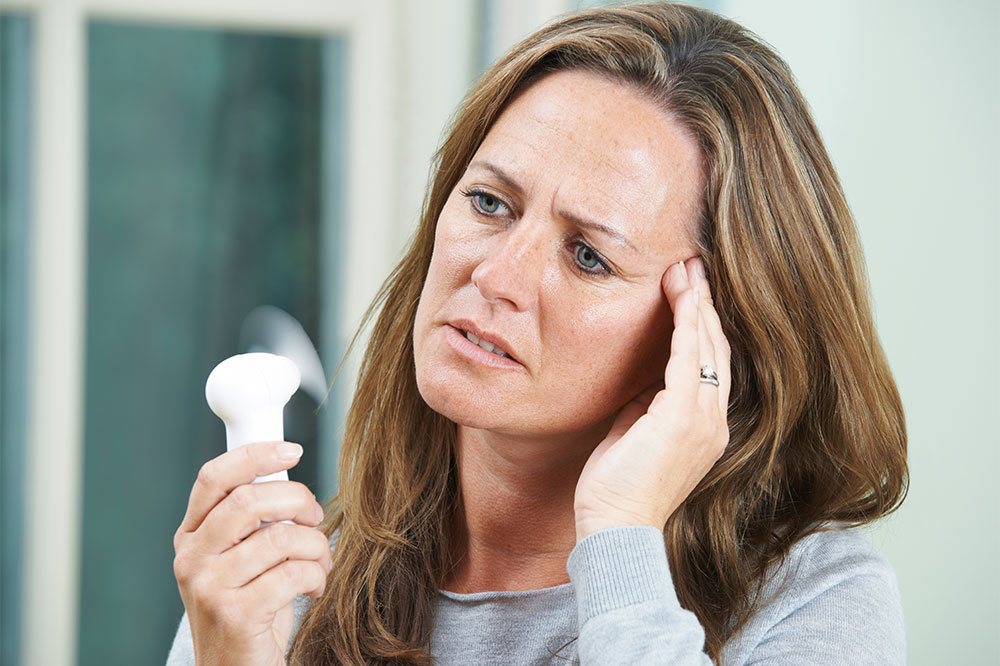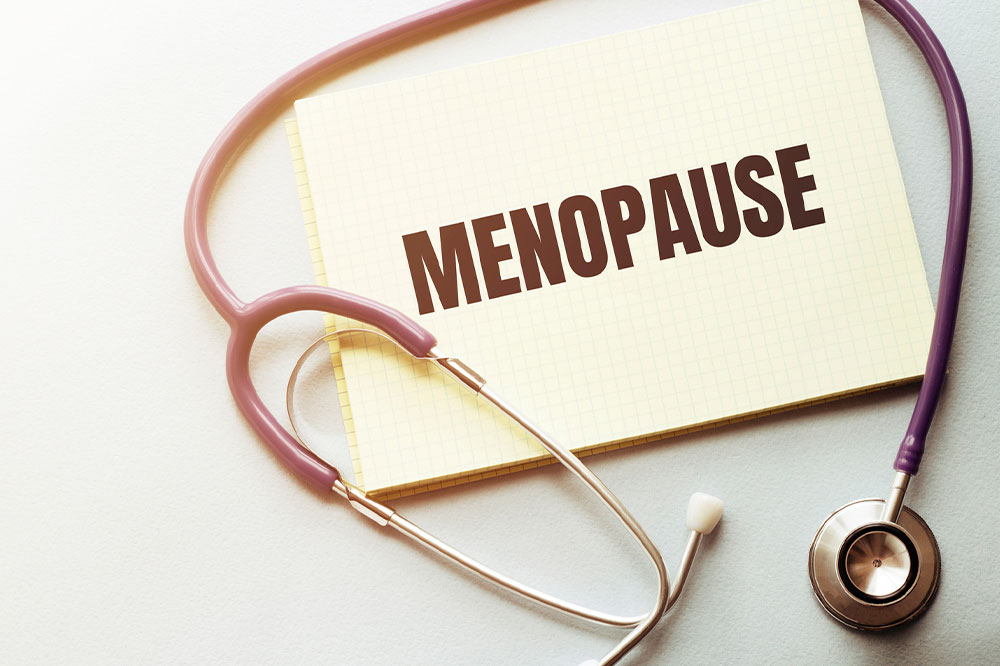Comprehensive Guide to Menopause: Symptoms, Causes, and Health Risks
This comprehensive article explores menopause, detailing its symptoms, causes, and associated health risks. It offers valuable insights into the physical and emotional changes women experience during this life stage. Awareness and understanding of menopause can help women manage symptoms effectively and maintain their overall well-being through lifestyle adjustments and medical support. Learn about early signs, hormonal shifts, long-term health implications, and proactive strategies to navigate menopausal transition comfortably.

Comprehensive Guide to Menopause: Symptoms, Causes, and Health Risks
Menopause represents a significant milestone in a woman's life, marking the end of her natural menstrual cycle and reproductive years. It is a biological process characterized by the cessation of menstruation, which officially occurs after a woman has gone 12 consecutive months without a period. While menopause typically manifests in women during their late 40s to early 50s, some may experience premature menopause in their late 30s or early 40s due to various factors. Understanding this transitional phase is essential, as it involves several physical, emotional, and psychological changes that can impact overall health and well-being.
Recognizing the Symptoms of Menopause
The period leading up to menopause, known as perimenopause, often presents a spectrum of symptoms resulting from fluctuating hormone levels, especially declining estrogen and progesterone. These symptoms can vary widely among women in both intensity and duration. Common signs include:
Irrregular Menstrual Cycles: During perimenopause, menstrual cycles often become unpredictable. Some women experience shorter cycles, others longer, or skipped periods altogether. Despite irregularities, pregnancy remains possible until menopause is confirmed, so contraception advice remains relevant.
Vaginal Dryness and Discomfort: Decreased estrogen levels can lead to thinning and drying of vaginal tissues, causing discomfort during intimacy and increasing susceptibility to infections.
Hot Flashes and Night Sweats: Sudden feelings of intense heat, often accompanied by sweating and flushing, are hallmark menopausal symptoms. Night sweats can disrupt sleep and contribute to fatigue.
Sleep Difficulties: Many women report insomnia or disturbed sleep patterns, partly due to hot flashes or mood changes.
Mood Swings and Emotional Changes: Fluctuating hormones can lead to irritability, anxiety, or depressive episodes, affecting daily functioning.
Weight Gain and Metabolic Changes: A slowing metabolism, combined with hormonal shifts, often results in increased abdominal fat and weight fluctuations.
Hair Thinning and Skin Changes: Reduced estrogen can cause thinning hair, dry skin, and a loss of skin elasticity, contributing to an aged appearance.
Breast Changes: Breasts may become less full or tender, with changes in tissue density.
It's important to note that these symptoms differ among women; some may experience mild discomfort, while others face significant challenges. Regular medical check-ups can help manage symptoms effectively and screen for other health conditions.
Understanding the Causes of Menopause
The underlying causes of menopause are primarily linked to hormonal changes and certain medical procedures:
Hormonal Decline: As women age into their late 30s and beyond, ovarian function gradually diminishes, resulting in decreased production of estrogen and progesterone hormones. This hormonal decline is the primary driver for the onset of menopause. The reduced estrogen levels influence multiple body systems, leading to physical symptoms such as weight gain, hot flashes, and mood changes. The timing of menopause can be influenced by genetics, lifestyle, and overall health.
Surgical Interventions: Medical procedures like hysterectomy, especially when accompanied by the removal of ovaries, induce menopause. This transition can occur suddenly, as the source of estrogen production diminishes immediately, leading to a rapid onset of menopausal symptoms. The decision to remove ovaries should be carefully considered, as it has significant long-term health implications.
Associated Risks and Long-term Health Concerns
Menopause doesn't just bring about immediate symptoms; it also increases the risk for several health conditions that require ongoing management and preventive strategies:
Osteoporosis and Bone Health: Estrogen plays a crucial role in maintaining bone density. Its decline accelerates bone loss, increasing susceptibility to osteoporosis and fractures. Adequate calcium and vitamin D intake, alongside weight-bearing exercises, are recommended to mitigate this risk.
Cardiovascular Disease: Postmenopausal women have a higher risk of heart disease due to changes in lipid profiles and blood vessel health. Lifestyle modifications, such as maintaining a balanced diet, exercising regularly, and avoiding smoking, can help reduce this risk.
Genitourinary Syndrome: Vaginal atrophy can lead to discomfort, urinary problems, and increased susceptibility to infections. Local estrogen treatments can alleviate these symptoms.
Mood Disorders: Severe mood swings or depression may occur, necessitating psychological support or medication.
Other Health Concerns: Menopause may also be associated with gum issues, dental problems, and urinary incontinence, impacting quality of life.
Understanding the symptoms, causes, and health risks associated with menopause enables women to proactively manage this natural life stage. Lifestyle choices, dietary considerations, and medical treatments can significantly improve comfort and long-term health outcomes during and after menopause. Consulting healthcare providers for personalized advice and screening is crucial for maintaining optimal health during this transition.





